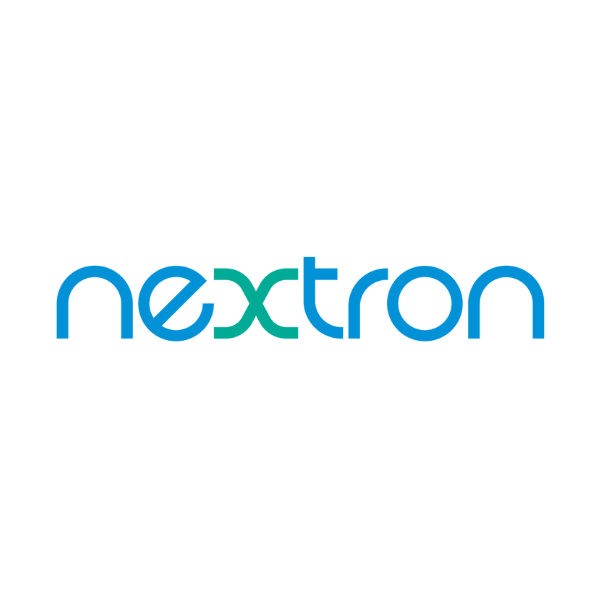Dive Brief:
- Google plans to acquire wearables maker Fitbit in a deal valued at $2.1 billion, the companies announced Friday. Fitbit's stock soared more than 16% on the news.
- The takeover will give Google a line of devices to rival the Apple Watch. Not just viewed as fitness tracker makers, Fitbit and Apple have both researched their devices' potential to detect atrial fibrillation, assess sleep quality and track menstrual cycles, among other health applications.
- Fitbit is also an original participant in FDA's Digital Health Software Precertification Pilot, which aims to provide a regulatory framework to speed iterations of software to market by evaluating the quality of a company rather than each version of software.
Dive Insight:
Since its founding in 2007, Fitbit has sold more than 100 million devices and currently has at least 28 million active users worldwide, according to the announcement Friday. Fitbit went public in 2015, raising $732 million in its IPO.
The deal entails Google paying $7.35 per share in cash, valuing Fitbit at approximately $2.1 billion, the announcement said.
"With Google’s resources and global platform, Fitbit will be able to accelerate innovation in the wearables category, scale faster, and make health even more accessible to everyone," Fitbit CEO James Park said in a statement.
Google devices executive Rick Osterloh said the tech giant looks forward to "bringing together the best hardware, software and AI."
Tech rival Apple announced last month it was kicking off a number of studies through a new Apple Research app examining gynecological conditions, hearing health, and the relationship between movement and heart health.
Those moves build on research conducted alongside pharma Eli Lilly, shared in August, assessing the iPhone and Apple Watch's ability to detect signs of dementia and cognitive decline. On a much broader scale, the more than 400,000-participant Apple Heart Study assessed the wearable's efficacy in detecting heart rhythm irregularities and recommending individuals seek follow-up care.
Fitbit has also been busy trying to cement its reputation in healthcare. The company announced a partnership earlier this month with big pharmas Bristol-Myers Squibb and Pfizer on atrial fibrillation detection and treatment. It's also worked with the National Institutes of Health All of Us population health research initiative. The company plans to launch a personal coaching product in 2020 to help manage chronic conditions like diabetes.
Google and Fitbit have run in many of the same health tech circles in recent years. Along with AdvaMed, the two companies were a part of the Consumer Technology Association's multi-organization AI initiative, which aims to establish best practices for AI in medicine and health. And last year, Google and Fitbit announced plan to link user data and health records between Google Cloud's Healthcare API with Fitbit's Twine Health coach platform.
The companies addressed potential user privacy concerns in the announcement Friday. "Fitbit will continue to put users in control of their data and will remain transparent about the data it collects and why," the announcement said. "The company never sells personal information, and Fitbit health and wellness data will not be used for Google ads."
The deal is expected to close in 2020 pending regulatory and shareholder approvals.












